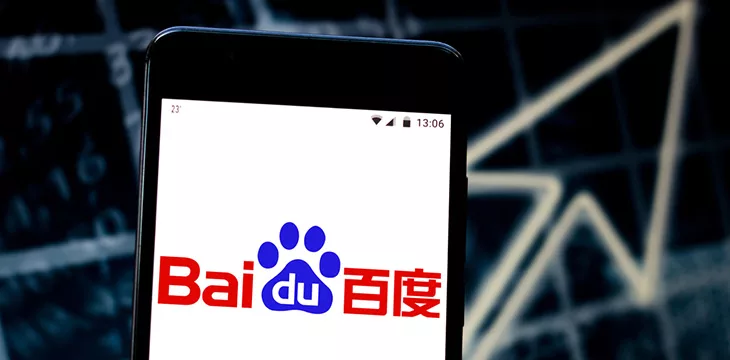|
Getting your Trinity Audio player ready...
|
Since the government rolled out new sector rules, Baidu’s (NASDAQ: BAIDF) CEO, Robin Li, has confirmed the launch of 70 artificial intelligence (AI) models in China.
The new models revolve around generative AI, which Li says is a direct result of the regulatory clarity offered by the Chinese government. According to LI, most recent models are integrated with over 1 billion parameters, making them large language models (LLM).
The new wave of Chinese AI models comes with several functionalities, including generating text, videos, and pictures.
Baidu’s chatbot ‘Ernie’ targets mass public usage, becoming one of the first companies to launch an AI offering. Baidu’s chatbot reached the top of local app stores with thousands of downloads barely hours after going live.
The company also hinted at launching a new version of the AI-powered chatbot with a faster processing speed than the current version. In the coming months, Baidu confirmed that it will obtain “massive valuable real-world human feedback” from its users in China as part of its efforts to explore new AI products.
Experts expect the number of AI models in China to balloon to new highs, given the number of firms jostling for regulatory approvals to launch their offerings. TikTok parent firms Bytedance and Tencent are among the growing list of Chinese entities set to unveil their AI products.
In the middle of August, China unveiled the first batch of AI rules containing 24 directives for industry participants to follow. The rules advocate for firms to seek regulatory approval before pushing out their AI products to the public and impose the requirement for firms to label AI content to prevent misinformation.
Data privacy, adherence to existing copyright rules, and regular disclosures on training data make up critical sections of the new laws regulating AI in China.
“Providers shall legally assume the responsibility of network information content producers and fulfill network information security,” read a provision of the AI rules.
Concerns over the future of AI in China
With ChatGPT facing stiff geo-restrictions in China, several Chinese firms are scrambling to provide alternatives, but there are concerns that their solutions may need to catch up to global standards.
OpenAI and Meta’s (NASDAQ: META) latest AI offerings have over 60 billion parameters, with ChatGPT-4’s parameters said to run into trillions. Chinese AI developers may not possess the hardware following trade restrictions by the U.S., barring the sale of AI chips to China.
Alibaba’s latest open-source models come equipped with only 7 billion parameters, but experts are optimistic about the growth prospects for the Chinese AI industry.
However, the new AI rules are interpreted as proof that China will not treat the industry like digital currencies, leading to their eventual ban in the country.
In order for artificial intelligence (AI) to work right within the law and thrive in the face of growing challenges, it needs to integrate an enterprise blockchain system that ensures data input quality and ownership—allowing it to keep data safe while also guaranteeing the immutability of data. Check out CoinGeek’s coverage on this emerging tech to learn more why Enterprise blockchain will be the backbone of AI.
Watch: AI is for ‘augmenting’ not replacing the workforce

 02-20-2026
02-20-2026 




